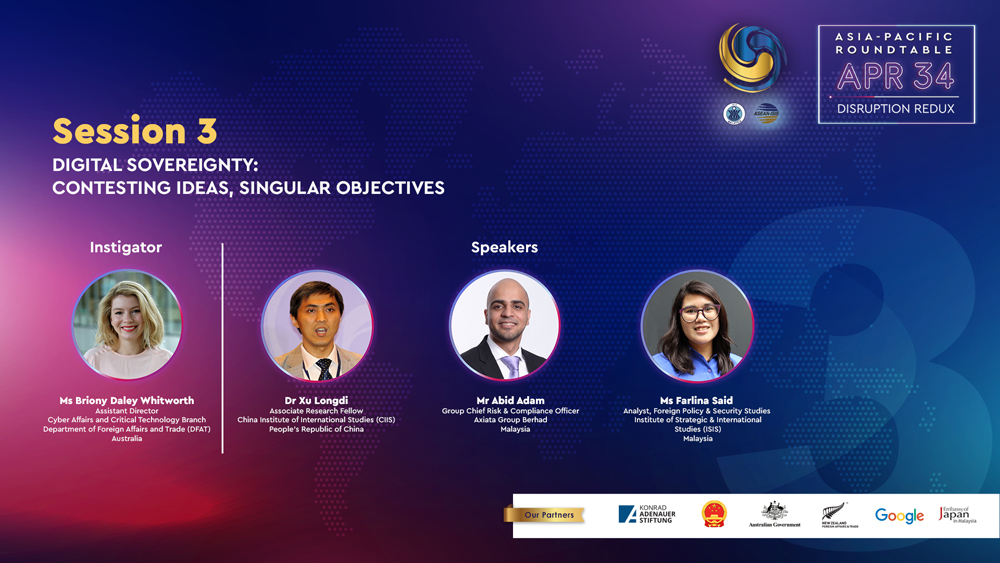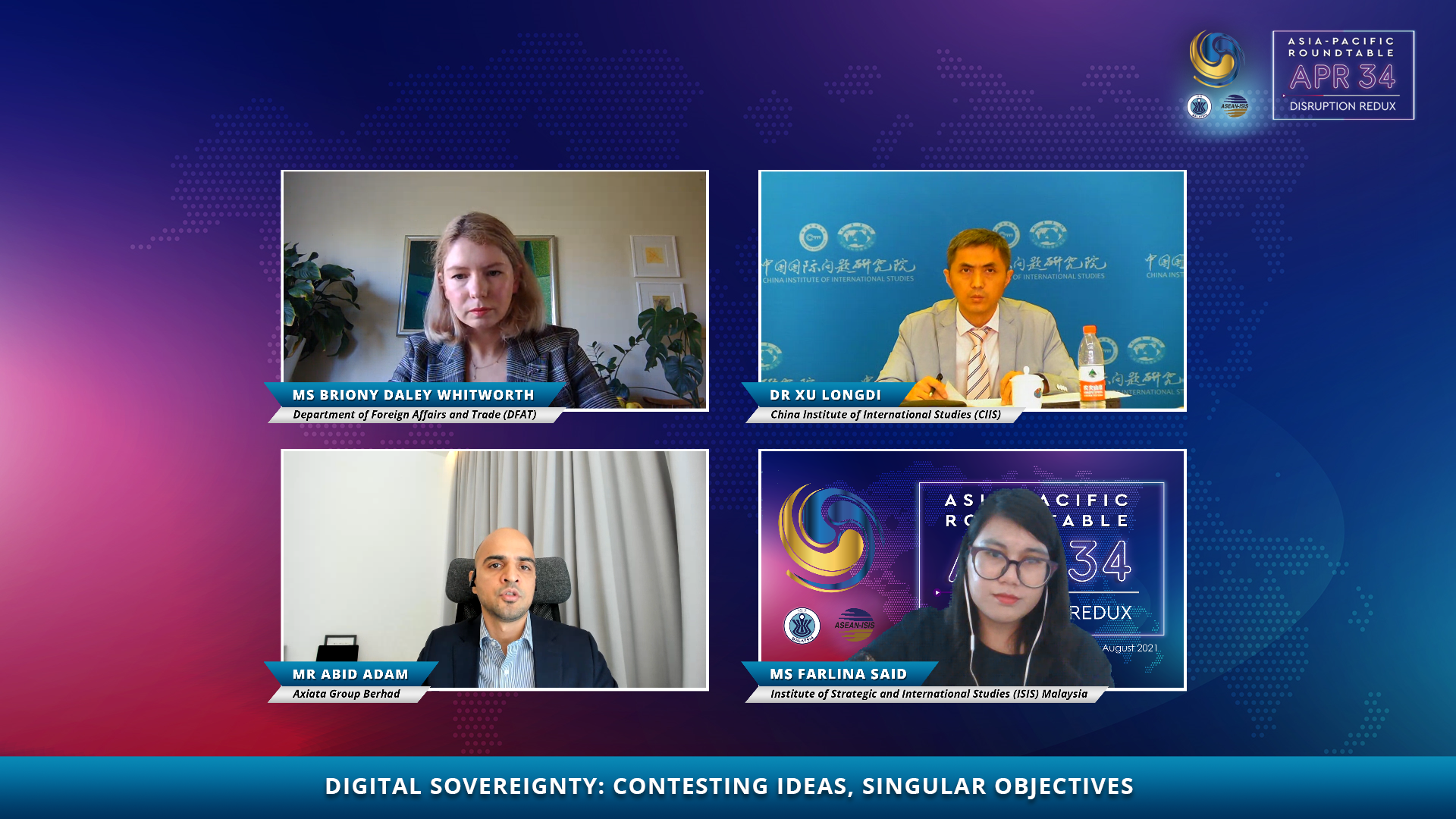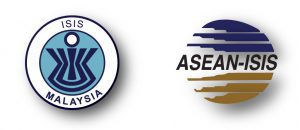

Pre- and post-pandemic, approaches to digital sovereignty have been coloured by techno-nationalism, innovation mercantilism and development gaps, even as digital adoption has skyrocketed. Is cyberspace still a Wild West, beyond taming?
Below is our take on the issue.

Digital sovereignty viewed from Asia
by Farlina Said
The rapid pace of global digital transformation has led to new ideas concerning the relationships between economic growth, human development, human rights and national security. The mix of these policies has resulted in many forms of techno-nationalism. Which paradigm a country chooses as dominant may determine its priorities and the future.

‘1984’ still holds sway
Truth was, and still is, a victim of the COVID-19 pandemic. Governments worldwide struggled to get a handle on fake news, seeing it, rightly, as stymying their efforts to control the pandemic.
But, struggling governments also used the regulation of fake news as a convenient excuse to censor content unfavourable to their regimes. How close are we to Orwell’s Ministry of Truth, asks analyst Harris Zainul?

What makes us Malaysian in the digital space?
by Farlina Said
Malaysia’s social lockdowns, used as a means to combat the pandemic, has also accelerated the nation’s digital adoption. Malaysians, separated physically, came together digitally.
The sense of online community during the initial phases of the Movement Control Order sparked discussions on a digital nation beyond just e-government processes and GDP-contributing productivity.
In the flurry of hashtags, such as #KitaJagaKita (#WeTakeCareofUs), who, then, is we? Is there, asks analyst Farlina Said, an online Malaysian identity?
Instigator
Speakers

Ms Briony Daley Whitworth

Dr Xu Longdi

Mr Abid Adam

Ms Farlina Said







